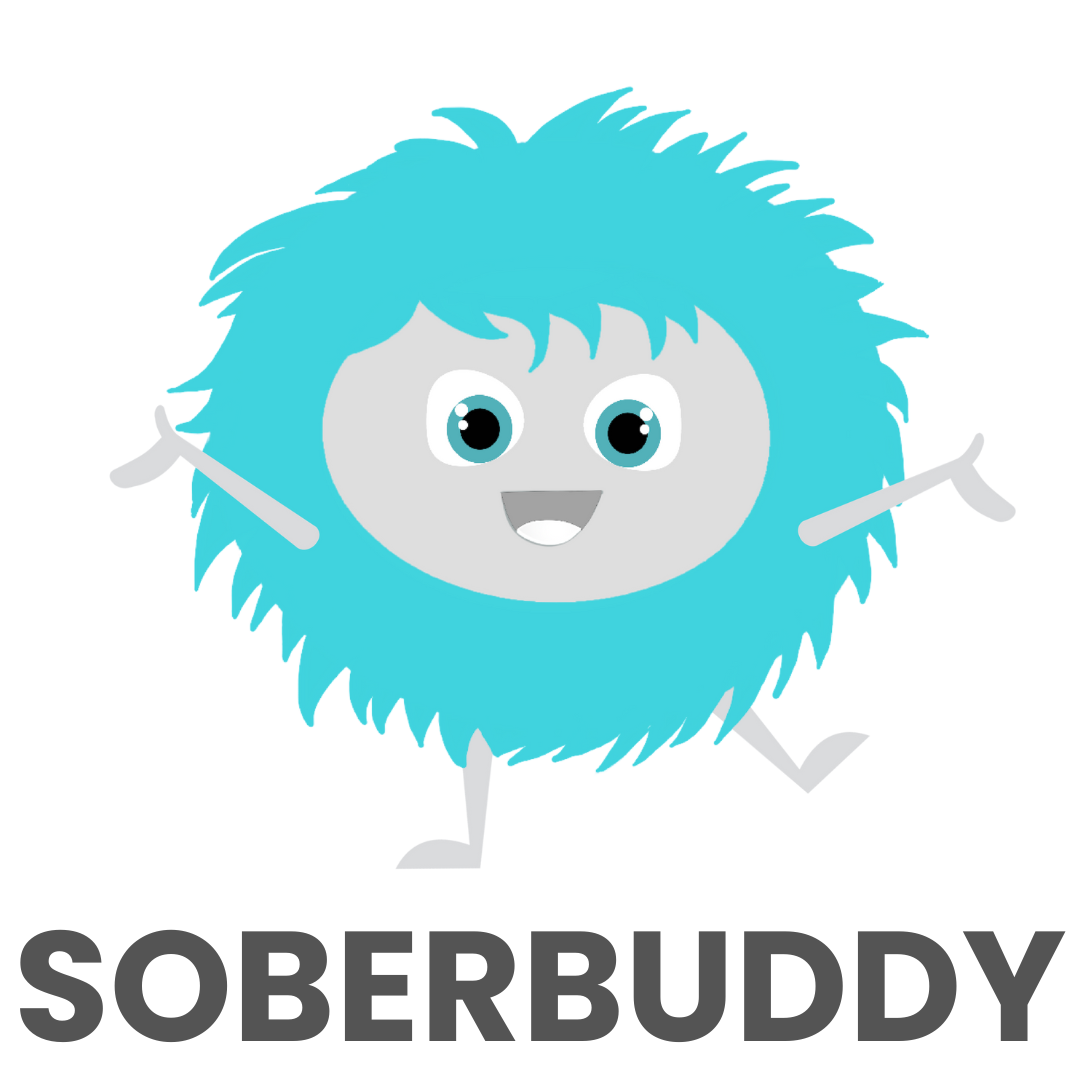Setting boundaries with yourself and others is a skill that is important in all areas of your life, but it’s especially important while you’re going through recovery. Oftentimes, we let people overstep their boundaries because we are nervous to speak up for ourselves and would rather avoid an uncomfortable situation.
This is especially true if we’ve hurt others because of our addiction. We don’t want to cause any more pain or have the attention focused on us anymore. And there’s also the issue of the people we love starting to get controlling because they want to make sure we stay sober. Having boundaries and learning how to set them will let others around you know the type of behavior and treatment you accept and expect. This can seem intimidating at first when you aren’t used to speaking up, but we’ve come up with four ways you can slowly learn how to get better at this.
- Identify how you feel
It’s very common to get upset by something that someone did or said to you and to quickly react. But, we all too often react without thinking about why this person’s behavior upset us. Taking time to think about why a certain situation or person made you feel a certain way will give you a chance to identify if a boundary was crossed and how you can address it in a healthy manner. Being able to express clearly why someone upset you on an emotional level is beneficial for your relationship with that person and will help you be more honest with yourself.
- Don’t assume confrontation is a bad thing
Have you ever told someone “yes” because you were scared of how they would react if you said “no?” During recovery, it’s important you put yourself in healthy, safe environments that don’t lead to any triggers. The more you speak up for yourself and remove yourself from people who are hurting you, the easier this will be. If someone gets annoyed or upset with your boundary-setting then that person has just shown you they aren’t willing to respect you and your needs. Prioritize you, boo!
- Listen to your gut
If you’re in a situation and your gut is telling you something is off, something is probably off. Learning to listen to your instincts can be hard to do at the beginning, but the more you start to listen to yourself and what your gut is telling you, the more you will realize that you can trust yourself. Trusting yourself will allow you to respond in a more authentic way that will more accurately express how you feel.
- See yourself as someone else you’re protecting
If you’re an older sibling, you’ve probably never hesitated at the thought of standing up for your little sister or brother if someone was bullying and not respecting them, right? Well, why is it that when someone is doing something to hurt and disrespect us, we are so hesitant to say “hey, this is not okay.” If you want to speak up and tell someone how you really feel but you’re nervous, think of yourself as your little sibling that you are protecting. We must protect our recovery, our hearts, our minds, and our happiness.
One more note: No one can read minds, so it’s important to voice how you really feel. There is a healthy way of doing this that can get people to hear you clearly and respectfully. The more comfortable you get speaking your truth and setting boundaries, the healthier your relationships will be – which, in turn, can help your recovery process seem a little easier in the long run.

